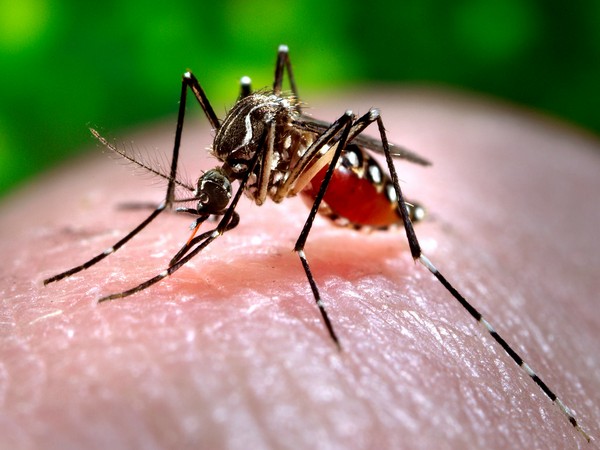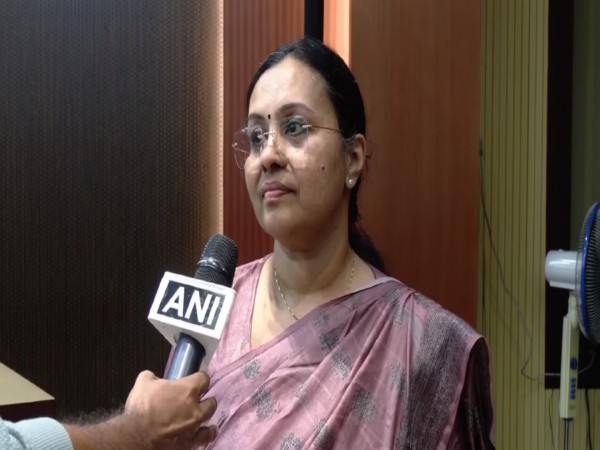
Islamabad [Pakistan], October 1 (ANI): Pakistan’s capital city Islamabad reported 104 more dengue cases in the last 24 hours, taking the total tally to 30,267 in the country this year, local media reported citing the Islamabad District Health Officer (DHO), on Saturday.
The federal capital has reported 2,435 cases in the current season, with an overall of 1,379 dengue cases have been reported in rural and 952 emerged from urban areas of Islamabad, ARY News reported. The rising cases of dengue in Pakistan have claimed 68 lives so far this year, while the total cases have reached 30,267.
In the federal capital, the total cases have gone up to 2,435 while six people lost their lives to the viral disease in the current year. As per the sources, Sindh reported the most cases and deaths, ARY News reported. Over 9,496 dengue cases, and 37 people were reported dead in Sindh. Punjab reported 6,564 cases, and 18 people lost lives to the virus. Khyber Pakhtunkhwa reported 8,070 cases and seven deaths, while Balochistan reported at least 3,402 dengue cases.
As districts in Pakistan continue to be affected by massive monsoon rainfall and unprecedented levels of flooding, the World Health Organization (WHO) has warned of significant public health threats facing affected populations, including the risk of further water spread and vector-borne diseases such as malaria and dengue fever, ARY News reported.
The country is continuing to report more and more dengue virus cases daily, with panic and fear spreading among the public as a shortage of fever medicines has also surfaced. Adding to the catastrophic situation, the fumigation drive was halted because the Karachi Municipal Corporation (KMC) ran out of fuel, sources said.
Sources told ARY News that the fumigation drive was halted due to the non-availability of petrol and diesel for the past four days. Record monsoon and heavy floods in Pakistan have given rise to hunger and various illnesses which have affected 33 million people and the experts believe that the situation would aggravate in the coming days as the flood affectees are forced to live under the sky depriving the required resources.
Around 888 health facilities have been damaged in the country, of which 180 are completely damaged, leaving millions of people lacking access to health care and medical treatment, as reported in many affected districts. Pakistan receives heavy — often destructive — rains during its annual monsoon season, which is crucial for agriculture and water supplies. But the heavy downpour this year has created havoc in the country, while rapidly melting glaciers in the north have for months heaped pressure on waterways.
Huge areas of the country are still underwater and hundreds of thousands of people have been forced from their homes. According to the World Meteorological Organization (WMO), Pakistan is facing one of the worst flooding events in its history. The human and socio-economic toll is expected to increase as flood levels continue to rise, with immense pressure on the country’s dams. (ANI)

















